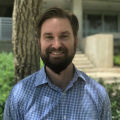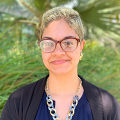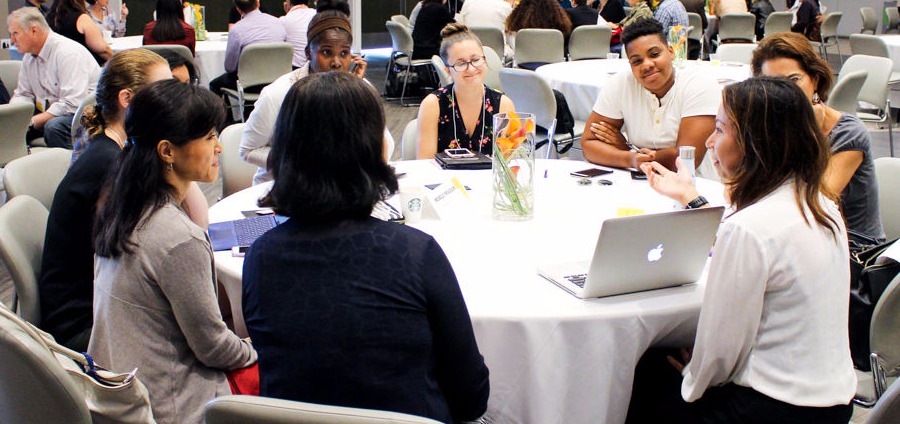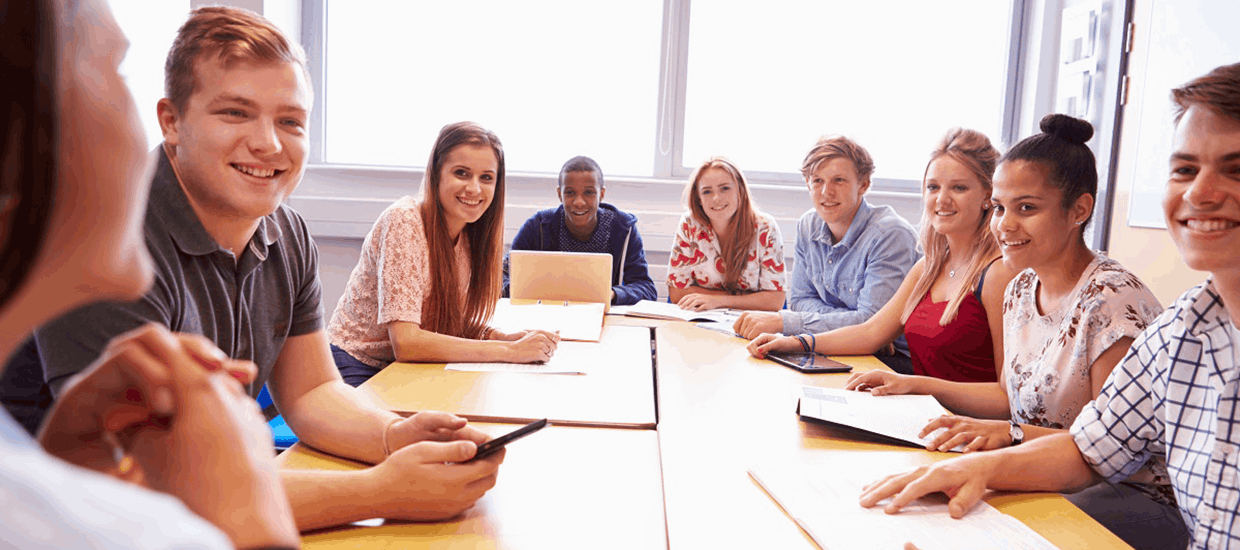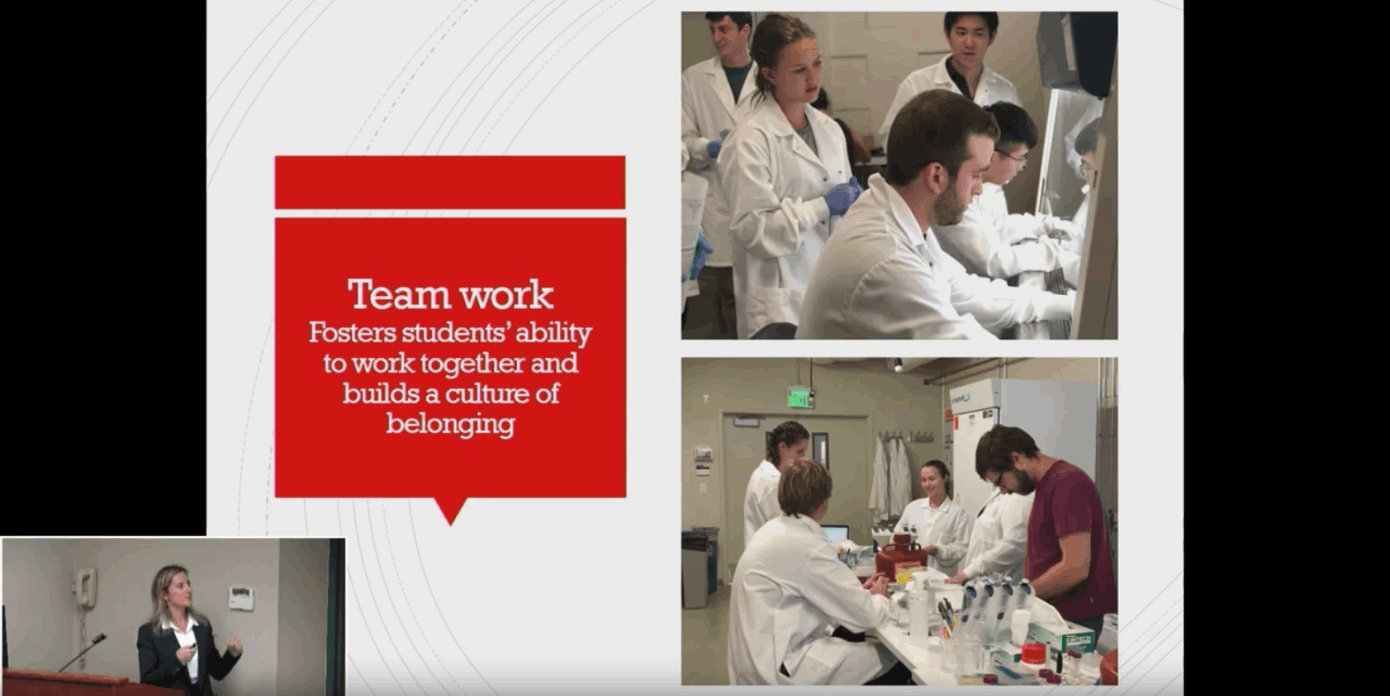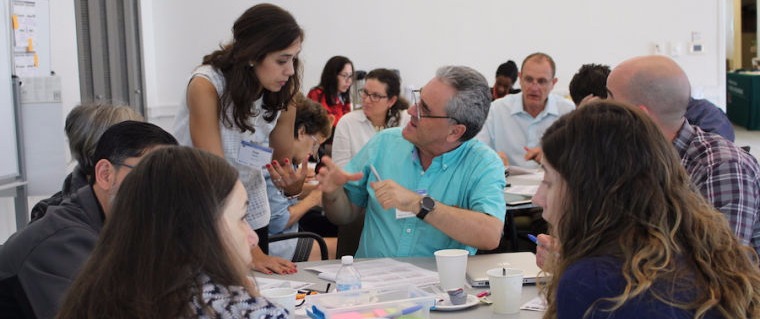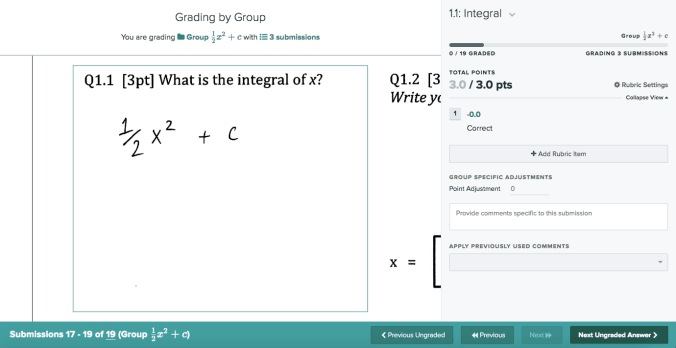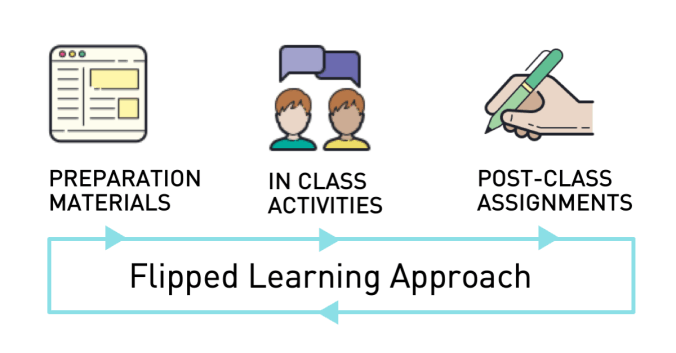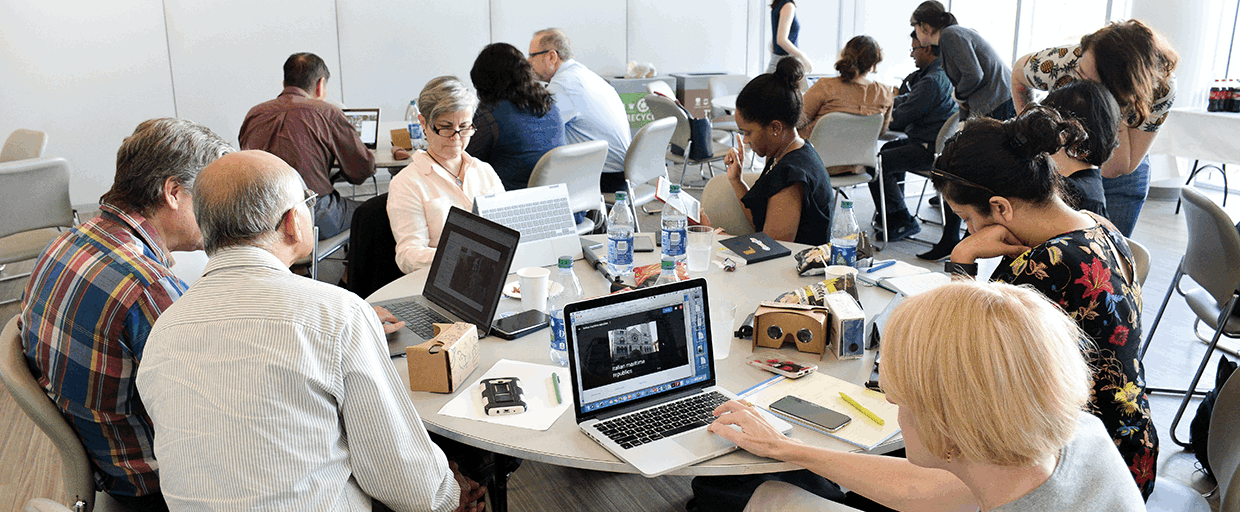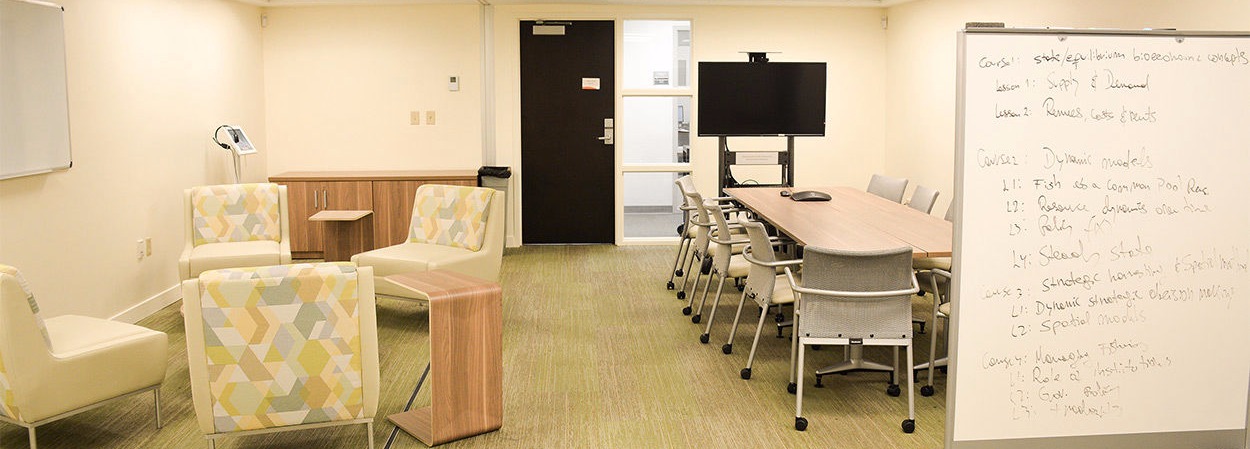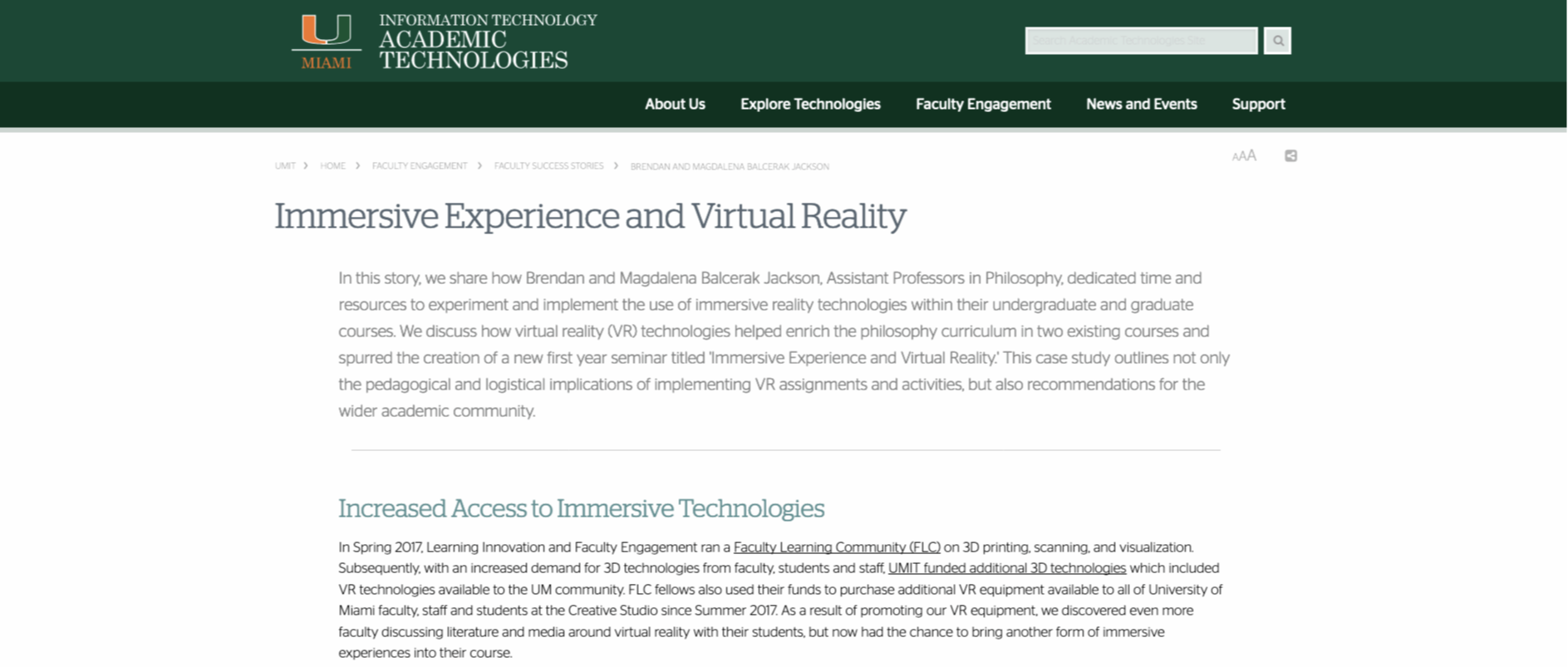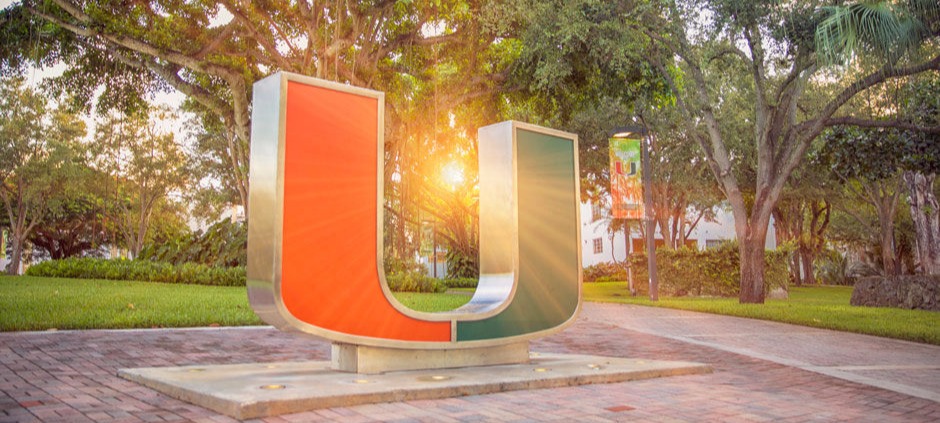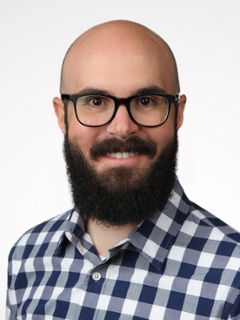
Letter from the Director
I’m incredibly excited to share this year’s annual report for Learning Innovation and Faculty Engagement at the University of Miami, which chronicles some of the team’s accomplishments and successes across the university during the 2018-2019 academic year. Since it’s impossible to capture all of our day-to-day achievements, this brief report focuses on highlights and snapshots that exemplify and characterize the kind of impactful work that we do alongside faculty members and other university partners. I’m particularly proud of the work we did that meaningfully engaged new collaborators and partners, such as our involvement with the new Graduate School Teaching Academy; our inter-institutional collaborative efforts with FIU and Miami Dade College as part of the Miami Teaching, Learning, and Technology Collective; the Faculty Showcase, the university’s own teaching and learning conference, which grows bigger and more exciting with each passing year; and our Faculty Learning Communities, which support cutting edge educational innovation as well as the university's quality enhancement and accreditation efforts. I’d like to humbly thank the readers of this report for your interest in our work in promoting a culture of teaching and learning at the University of Miami. If you’re interested in exploring new ways to engage your students, whether through student-centered and active learning pedagogies or through innovative new technologies, I hope that you’ll consider collaborating with us!
Matt Acevedo, Ph.D.
Director, Learning Innovation and Faculty Engagement







